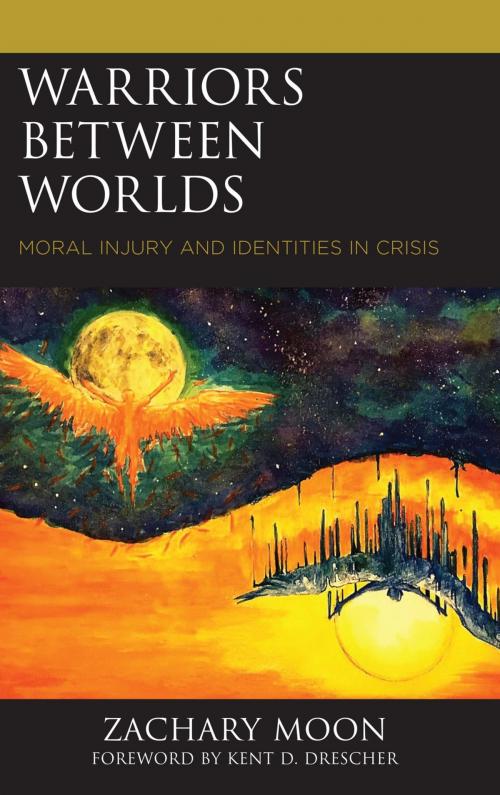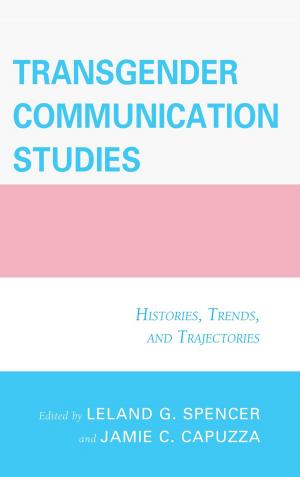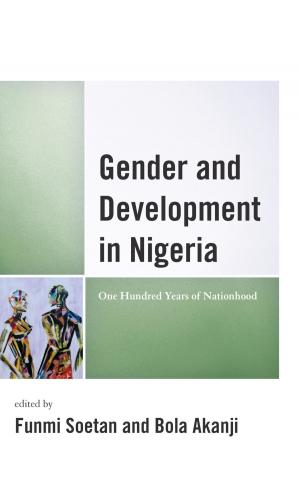Warriors between Worlds
Moral Injury and Identities in Crisis
Nonfiction, Religion & Spirituality, Theology, Ethics, Health & Well Being, Psychology, Mental Illness| Author: | Zachary Moon | ISBN: | 9781498554602 |
| Publisher: | Lexington Books | Publication: | February 12, 2019 |
| Imprint: | Lexington Books | Language: | English |
| Author: | Zachary Moon |
| ISBN: | 9781498554602 |
| Publisher: | Lexington Books |
| Publication: | February 12, 2019 |
| Imprint: | Lexington Books |
| Language: | English |
The concept of moral injury emerged in the past decade as a way to understand how traumatic levels of moral emotions generate moral anguish experienced by some military service members. Interdisciplinary research on moral injury has included clinical psychologists (Litz et al., 2009; Drescher et al., 2011), theologians (Brock & Lettini, 2012; Graham, 2017), ethicists (Kinghorn, 2012), and philosophers (Sherman, 2015). This project articulates a new key concept—moral orienting systems— a dynamic matrix of meaningful values, beliefs, behaviors, and relationships learned and changed over time and through formative experiences and relationships such as family of origin, religious and other significant communities, mentors, and teachers. Military recruit training reengineers pre-existing moral orienting systems and indoctrinates a military moral orienting system designed to support functioning within the military context and the demands of the high-stress environment of combat, including immediate responses to perceived threat. This military moral orienting system includes new values and beliefs, new behaviors, and new meaningful relationships. Recognizing the profound impact of military recruit training, this project challenges dominant notions of post-deployment reentry and reintegration, and formulates a new paradigm for first, understanding the generative circumstances of ongoing moral stress that include moral emotions like guilt, shame, disgust, and contempt, and, second, for responding to such human suffering through compassionate care and comprehensive restorative support. This project calls for more effective participation of religious communities in the reentry and reintegration process and for a military-wide post-deployment reentry program comparable to the encompassing physio-psycho-spiritual-social transformative intensity experienced in recruit-training boot camp.
The concept of moral injury emerged in the past decade as a way to understand how traumatic levels of moral emotions generate moral anguish experienced by some military service members. Interdisciplinary research on moral injury has included clinical psychologists (Litz et al., 2009; Drescher et al., 2011), theologians (Brock & Lettini, 2012; Graham, 2017), ethicists (Kinghorn, 2012), and philosophers (Sherman, 2015). This project articulates a new key concept—moral orienting systems— a dynamic matrix of meaningful values, beliefs, behaviors, and relationships learned and changed over time and through formative experiences and relationships such as family of origin, religious and other significant communities, mentors, and teachers. Military recruit training reengineers pre-existing moral orienting systems and indoctrinates a military moral orienting system designed to support functioning within the military context and the demands of the high-stress environment of combat, including immediate responses to perceived threat. This military moral orienting system includes new values and beliefs, new behaviors, and new meaningful relationships. Recognizing the profound impact of military recruit training, this project challenges dominant notions of post-deployment reentry and reintegration, and formulates a new paradigm for first, understanding the generative circumstances of ongoing moral stress that include moral emotions like guilt, shame, disgust, and contempt, and, second, for responding to such human suffering through compassionate care and comprehensive restorative support. This project calls for more effective participation of religious communities in the reentry and reintegration process and for a military-wide post-deployment reentry program comparable to the encompassing physio-psycho-spiritual-social transformative intensity experienced in recruit-training boot camp.















